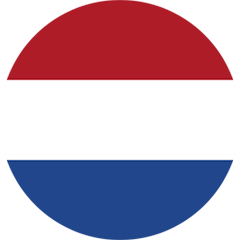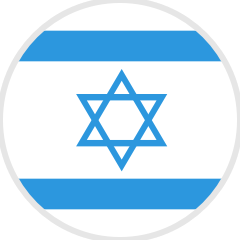Hungarian Pronunciation and Concrete Vocabulary
Using the deck I made on Dec 21, it took me 9 days at <20 minutes/day to basically learn the sounds of Hungarian and the Hungarian alphabet. Total time spent: 4 hrs of deck creation, 2.5 hours of reviews over a 10-day period. This is working very well so far (and it’s a lot of fun!), and I’m ready to move to the next stage: concrete vocabulary.
The goal of this stage: For the book, I’ve expanded the basic ~400 list to 625 words, and so my goal now is to create 625 facts (1,250 cards) for the basic, concrete words of Hungarian. I’ll add recordings from Forvo.com for as many words as I can.
My *main* goal here is to solidify my pronunciation. Picking up a bunch of vocabulary is mostly a bonus; it won’t be extremely useful until I get some grammar, which will come in Stage 3.
Here’s a summary of the card types of Stage 1:
Minimal pair cards (Plays one of two sounds, asks me which sound it played. Once I press the space bar, it plays both sounds back to back. Every time I hear a recording, I repeat after it out loud).
Alphabet cards (2 types of cards): For every letter, I have one card that tells me the letter and asks me about the sound, and another card that plays a recording of the sound (and gives me the IPA), and asks me what letter corresponds to that sound. Hungarian is particularly easy in the alphabet department because the alphabet is completely phonetic, and there’s almost no situation in which one sound can be made in two different ways. (Unlike French, with its six ways to spell open E: e, è, ê, ai, ei, ais).
Card type 1: “What sound does this letter/combination of letters make?”
Card type 2: “What letter makes this sound?” (Note: I wouldn’t be able to make this type of card in a language with as many spellings for single sounds as French.)
Mnemonic cards (2 types of cards): I’ve chosen a concrete example for every letter of the Hungarian alphabet. I’m memorizing the images for each letter, and then I’m memorizing the spelling of each of these words to cement that memory. Once those are in place, I’ll be able to use those images to help give me clues about the spelling of words.
Card type 1: “What’s the mnemonic for this letter?”
Card type 2: Given the mnemonic image and a recording of it, how do you spell the word?
Edit 1/1/2013: Happy New Year! I fixed the images of the 5 card types, and now that I’ve started adding vocabulary, I’ve gotten a chance to time it out. It’s taking me 2–3 minutes per word to assemble everything I need at this point, and I’m making 3 cards per word for the first 100 or so words:
Card type 1: What’s the picture for this word?
Card Type 2: What’s the word for this picture?
Card type 3: Given the picture and sound recording of this word, how do you spell this word?
Once I’ve done enough of these, I’ll have internalized the spelling and pronunciation rules of Hungarian well enough to skip the card type #3s, and I’ll have an easier time memorizing the rest of my vocab (for now, Hungarian is too foreign sounding to memorize words easily with only 2 cards per words).
Why’s it taking me so long to make my cards? If I was only looking for pictures, I’d have a fairly easy/quick time, but I’m looking for 3 more things:
• A recording of each word from Forvo.com (I’ll be able to skip this once I’m 100% confident about my pronunciation)
• A good example sentence for later, when I actually know some Hungarian. This is an experiment; we’ll see if it helps to have example sentences so early in the process. I’m storing the translations of these sentences in a hidden field on the card.
• A personal reference, in English for now, also stored in a hidden field on the card (My kutya’s name is Belle). This forces me to perform an added layer of processing, which will make the word stick in my memory about 50% easier to recall in the future. It’s a new hack that’s emerged while researching for the book, and I’m trying to systematize it in this way.
Finally, why not also tap into the Hungarian-specific language learning resources I’ve put together right here? And to find out how best to learn vocabulary and master pronunciation, check out these 11 pro tips for the fastest way to learn any language.
[shareaholic app="share_buttons" id="28313910"]
















